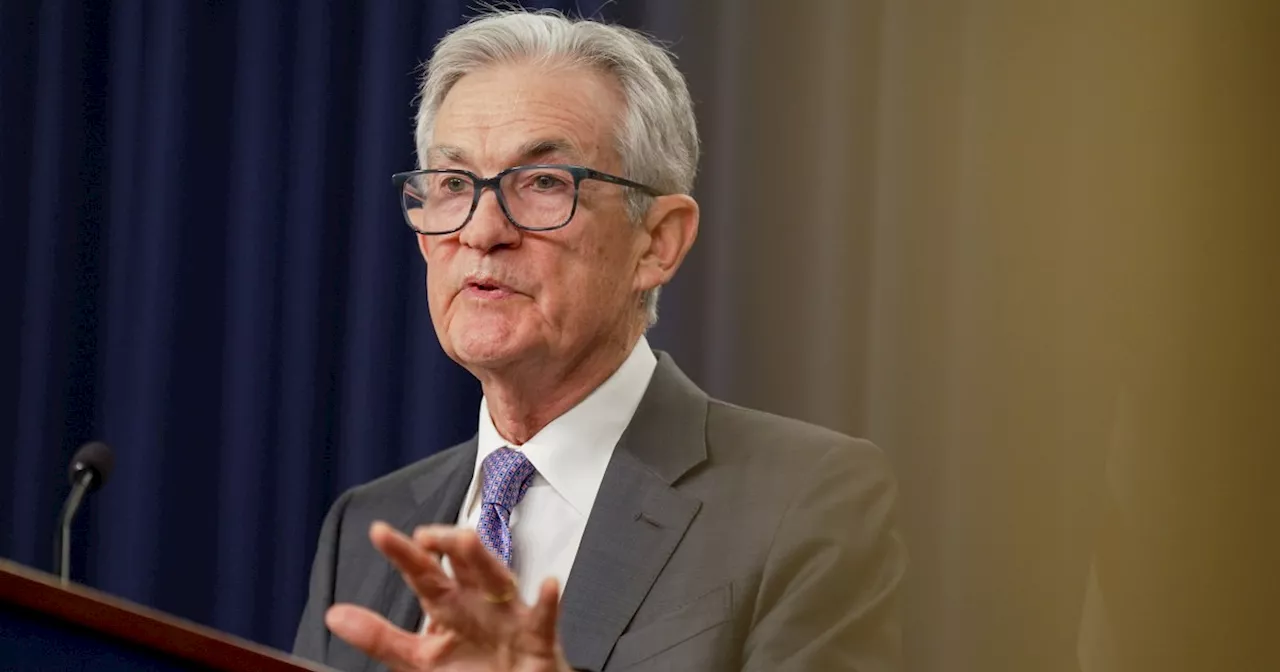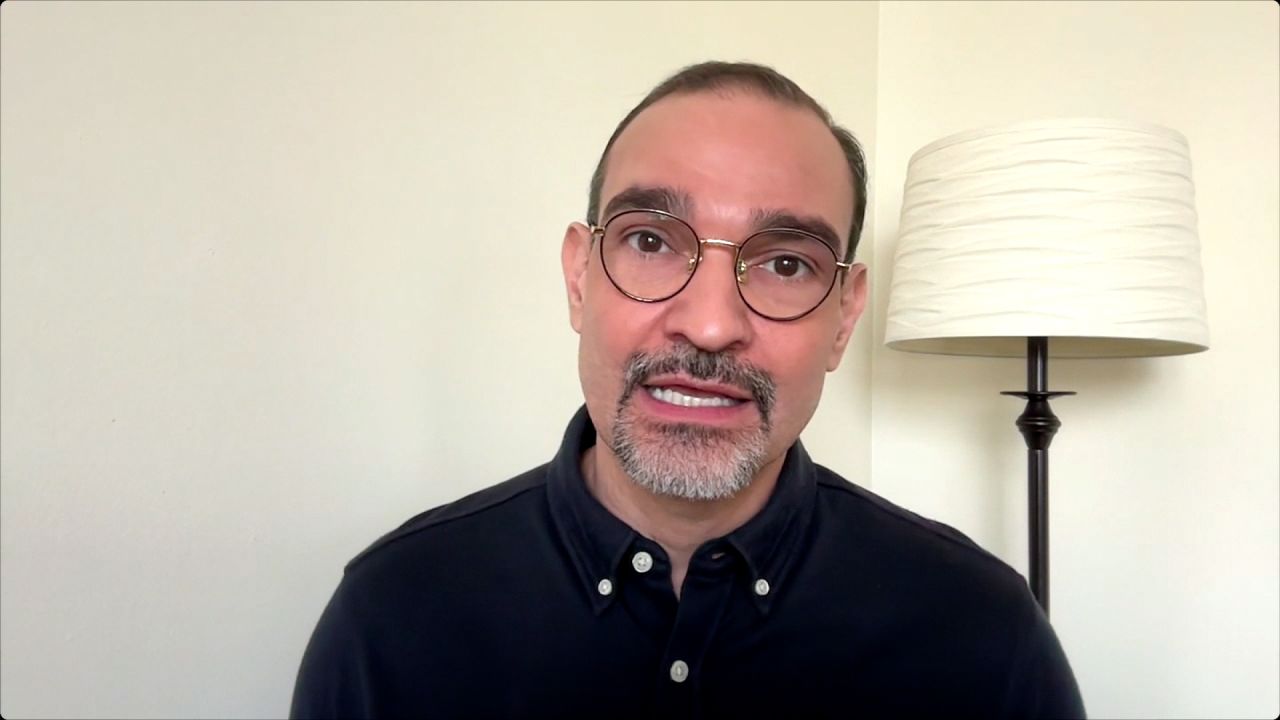
Healthcare costs for large employers are projected to increase by 9% in 2026, marking a significant rise compared to previous years. This expectation arises from a recent survey conducted by Mercer, a prominent human resources consulting firm. The survey highlights the anticipated financial challenges that many companies will face as they navigate the evolving landscape of health benefits.
The findings indicate that employers are bracing for higher expenses related to employee healthcare. According to the survey, around 70% of large employers anticipate greater costs, reflecting an ongoing trend in the healthcare sector. Rising prices are attributed to various factors, including inflation, increased utilization of healthcare services, and advancements in medical technology.
Impact on Employee Benefits and Business Operations
As employers adjust to these rising costs, many are considering changes to their health benefit plans. Some organizations may opt to shift a portion of these costs onto employees through higher premiums or deductibles. This could lead to increased financial strain for workers, particularly those in lower-income brackets.
The implications extend beyond individual health plans. Businesses may need to reevaluate their overall compensation strategies to remain competitive in attracting and retaining talent. In a tight labor market, the availability of comprehensive health benefits can be a crucial factor for prospective employees. Thus, while companies face rising costs, they must balance these financial pressures with the need to maintain appealing benefits packages.
Additionally, the survey revealed that nearly 60% of employers aim to implement cost-containment strategies. These strategies might include promoting wellness programs, telehealth services, and alternative treatment options, which can potentially reduce overall healthcare spending.
The Broader Context of Healthcare Economics
The anticipated rise in healthcare costs is part of a broader trend observed in the global market. The World Health Organization has reported significant increases in healthcare expenditures across various countries, driven by aging populations and the growing prevalence of chronic diseases.
In the United States, healthcare spending is expected to reach approximately $4.3 trillion by 2026, underscoring the urgent need for reform within the system. This trend has prompted discussions among policymakers about potential solutions, including public health initiatives and insurance reforms.
As employers brace for these changes, the focus on innovative healthcare solutions and strategic planning will be paramount. The ability to adapt to rising costs will not only impact the financial health of individual organizations but also contribute to the overall sustainability of the healthcare system.
In conclusion, the projected 9% increase in healthcare costs for large employers in 2026 represents a significant challenge. With careful planning and strategic implementation of cost-containment measures, employers can navigate these changes while continuing to support their workforce effectively.






